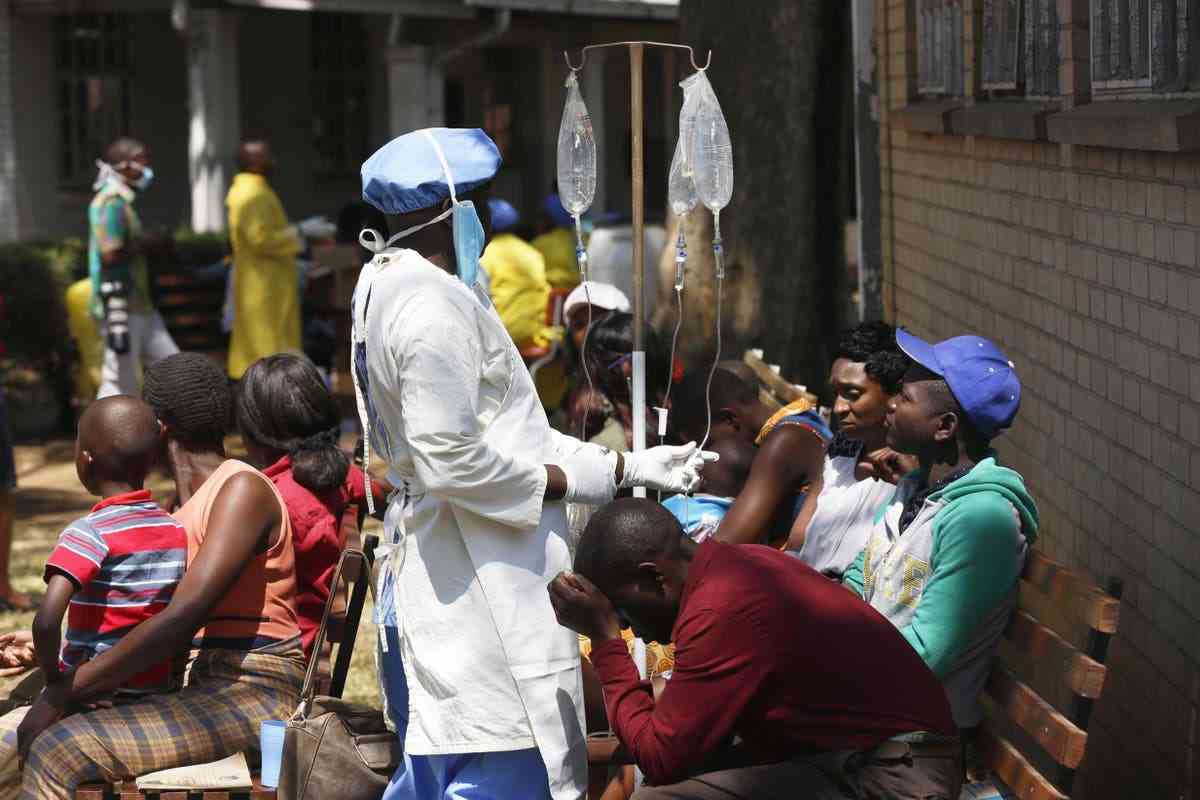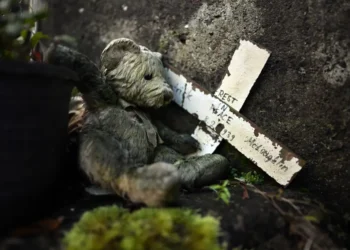Zimbabwe’s capital city, Harare has declared a state of emergency over cholera which has claimed dozens of lives, with confirmed cases on the rise. According to the Health Ministry, Harare has so far recorded 12 de@ths since the first outbreak was confirmed in February this year while 123 cases were recorded on Thursday.
Harare Mayor, Ian Makone said they have declared a state of emergency in Harare and have upped their efforts to deal with the alarming scourge.
“The situation is dire and we have declared a state of emergency in Harare. When you have 10 people dying and a hundred cases being recorded it calls for action,” he said.
Currently, according to authorities, 16 people are admitted in the capital.
Zimbabwe because of its poor sanitation infrastructure and limited clean water has been struggling to control the waterborne disease.
Makone said the city has already started supplying clean water in suburbs and is working together with the health ministry and some non governmental organisations.
He also advised against frequenting open-air markets, unlicensed vendors, or outdoor church camps where sanitation is scarce.
Cholera outbreak was first recorded on the 12th of February 2023 in Chegutu town, Mashonaland West Province.
According to the Health ministry latest report, to date suspected and confirmed cases have been reported in 46 districts in all the 10 provinces of the country since the beginning of 2023.
As of the 16th of November 2023, a cumulative total of 7 751 suspected cholera cases, 51 laboratory confirmed de@ths, 146 suspected cholera de@ths and 1 217 laboratory confirmed cases were reported.
The outbreak has now spread to more than the 17 traditional cholera hot spot districts.
The largest cholera outbreak occurred between August 2008 and July 2009, which recorded 98 592 cases and 4 288 deaths
In 2008, Amnesty International found that the government’s failure to contain and manage the cholera outbreak was caused by the lack of a safe drinking water supply and broken-down sanitation systems that left residents surrounded by flowing raw sewage and swarms of houseflies that were disease vectors.
To curb the spread, the government has imposed restrictions in vulnerable areas, limiting funerals to 50 people and forbidding attendees from shaking hands or serving food at the gatherings.
Source NewZimbabwe









